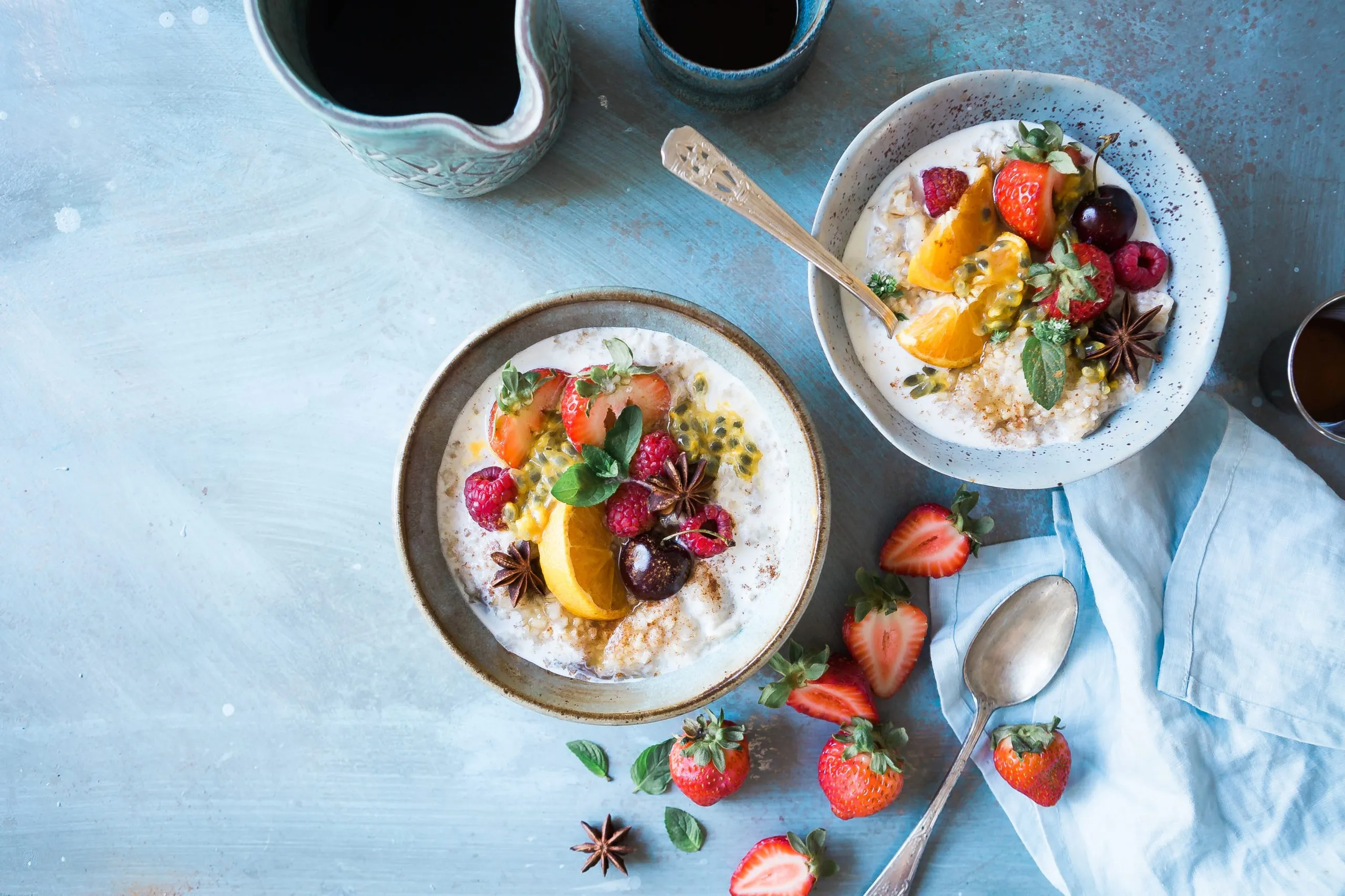Scientific research and personal experience both demonstrate that what we eat affects how we think and how we act. Still, most people don’t acknowledge the connection between their food and their mood. Stop and think for a moment about how you feel through the day? Angry and irritable between meals? Energized by a great meal?
Food undoubtedly changes your mood. The most extreme examples are coffee and alcohol, which change your state of mind within minutes. The standard American diet, high in processed carbohydrates and poor-quality animal meat, while lacking in vegetables and water, leaves many people in a bad mood. It’s hard to feel inspired and happy when you’re living on processed junk food. Julia Ross, author of The Mood Cure and a pioneer in the field of nutritional psychology, refers to this relationship as the law of malnutrition. The current epidemic of bad moods is definitely linked to an epidemic of deteriorating food quality and quantity: Junk moods come from junk foods, she writes. Soda, chocolates, ice cream, potato chips, and fries are all easily accessible foods that people turn to when they want to be lifted out of a bad mood, but the irony is that these foods are a big part of the problem. Salt can mess with your mood, making you feel tense. Sugar can give you a high and make you feel energized. When your blood sugar goes up, you get that woohoo good feeling. But as soon as it goes down, that feeling quickly disappears.
Think about the idea of comfort food. If you have a bowl of soup, you somehow feel all warm inside. It’s soothing. The opposite of comfort food is focus food, which helps you work harder. Many people refer to protein, such as eggs, nuts, or meat, as brain food. Ever notice how you crave more comfort food after work or more sharpening food to focus during a busy day at the office? We even crave more aphrodisiac food, such as chili peppers and spice, avocado, and chocolate, when we are out on a date. What we are really doing with all of this food is a form of self-medicating, or seeking balance. We already understand the food-mood connection; we just don’t have a language to discuss these habits with each other.
From a scientific perspective, the food-mood relationship is maintained by neurotransmitters — chemical messengers that relay thoughts and actions through the brain and in the gut. Some neurotransmitters, such as serotonin, can make us feel relaxed. Others, such as dopamine, have a stimulating effect. The food we eat breaks down in the digestive tract, enters the bloodstream, and creates changes in the behavior of the neurotransmitters, thus impacting our mood. Eating carbohydrates releases serotonin in the brain, which makes people feel more relaxed. Eating too many carbs or overly-processed carbs, like sugar and flour, releases even more serotonin, causing drowsiness. You’ve probably experienced that sleepy feeling after eating too much pasta or heavy carbohydrates. Eating protein produces dopamine and norepinephrine in the brain, which makes people feel more alert and full of energy when protein is eaten in the appropriate portions. On the other hand, overeating protein can lead to tension and irritability.
To take this one step further, some people with mood disorders are told, “It’s all in your head,” when the truth is that most serotonin (about 90%) is found in the gut. The bacteria in our gut send signals to the brain, altering our hormonal system, which in turn affects our mood. Research has shown that people with depression have an abundance of harmful bacteria and low levels of beneficial bacteria. So simply changing your diet to increase beneficial bacteria and decrease the harmful ones can have a huge impact on how you feel, especially for those dealing with depression. Perhaps we can listen more to those gut feelings about what to eat and the intelligence from what many scientists now call our “second brain.”
Another experience of the food-mood connection comes from eating too much. Think of a big holiday dinner and how tired you become after indulging. Overeating often leads to drowsiness. To handle the excess food, blood flow is directed to the stomach and away from the brain. The result is a feeling of lethargy.
It’s surprising how deeply food affects us. In relationships, we often get irritated and blame our partner when actually it’s our own mood swings that are causing the rift. Our moods go up and down like a yo-yo, and as soon as we come into a nutritional state of balance, suddenly our partner turns out to be a wonderful person.
Each person’s food-mood sensitivity varies. Only you can determine the right amount of proteins, carbs, and fats to keep yourself in balance. Once the correlation enters your consciousness, you will be more careful with your food choices. I simply encourage you to notice, explore, experiment, and determine what works for you. I’m sure you’ve met people who are vibrantly healthy, despite the fact that they eat donuts and drink coffee for breakfast on a regular basis. You probably think to yourself, “If I ate that way, I’d be a mess.” And you’re probably right. There’s nothing wrong with you or with the coffee and donut person, other than the fact that your food-mood sensitivity is different.
One of the best ways to discover how different foods affect your mood is to simply record what you eat and how you feel afterward.
Reprinted with kind permission of Integrative Nutrition LLC. Integrative Nutrition: A Whole-Life Approach to Health and Happiness (2018), p. 40-42.









































